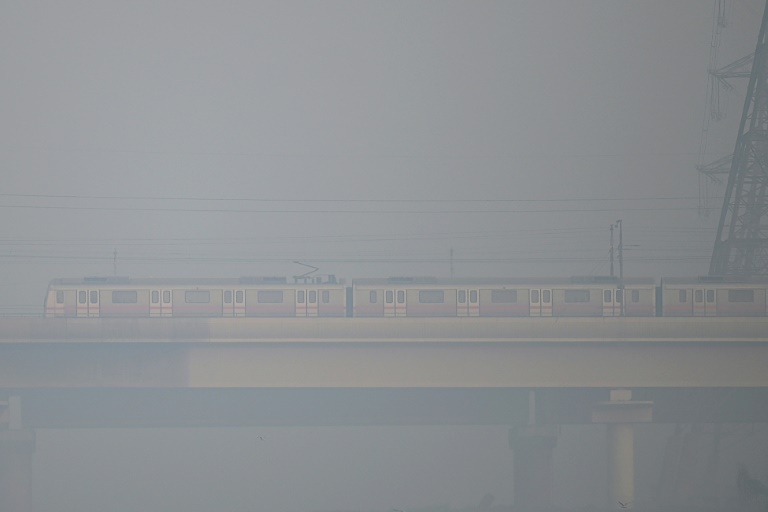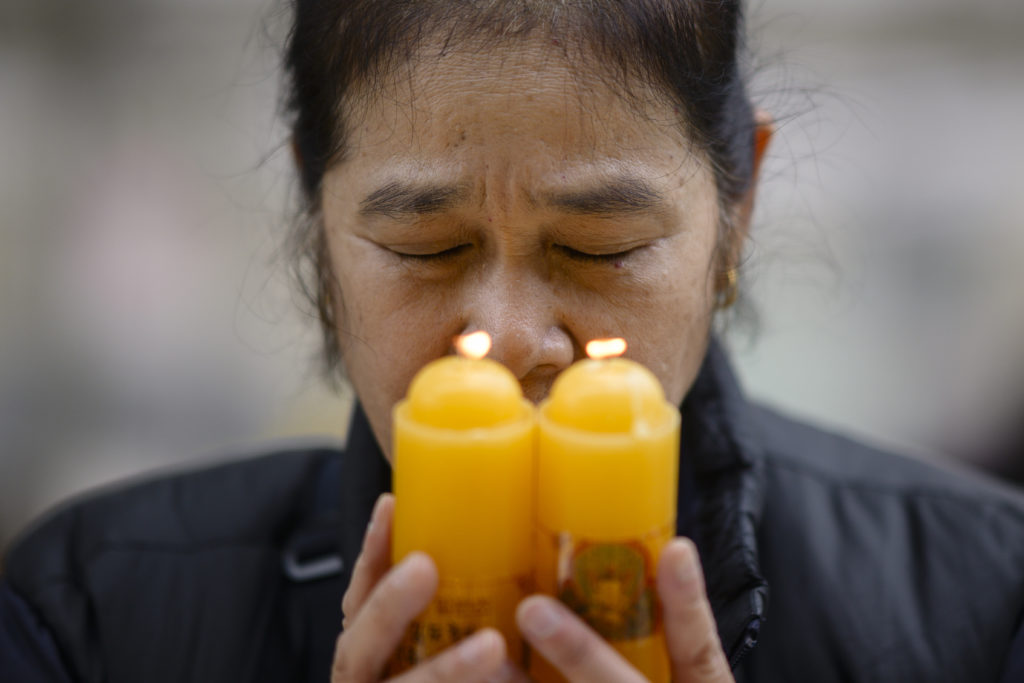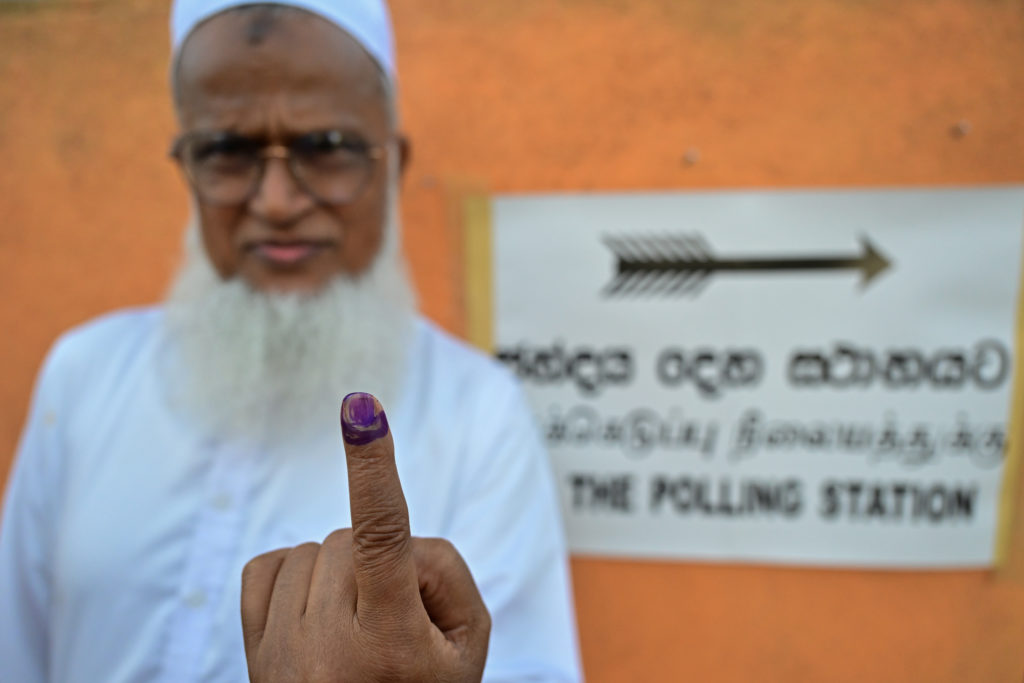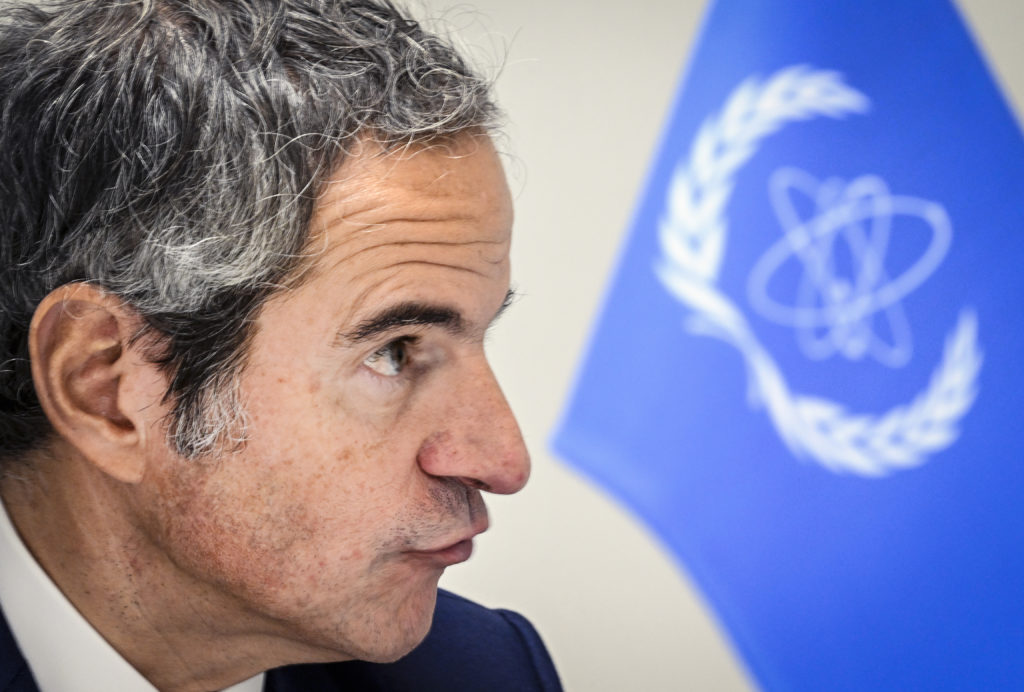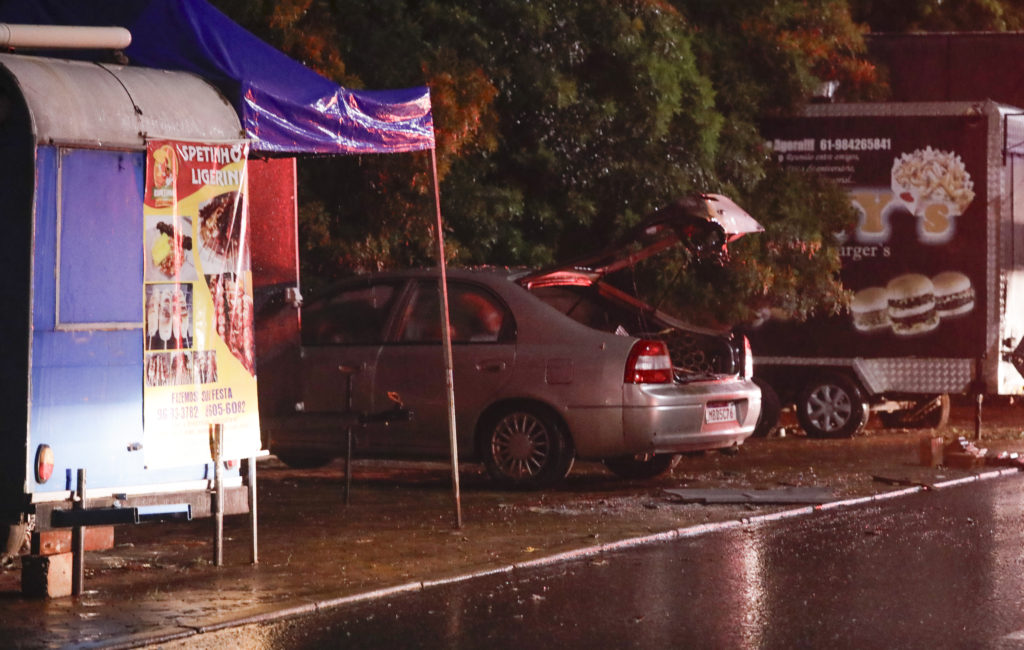India’s polluted capital will reopen schools on Monday, one week after it announced a partial shutdown over dangerous air pollution levels, authorities said Wednesday.
Gopal Rai, Delhi state’s environment minister, told journalists that pollution levels in the city had “improved in the last three days” and some of the restrictions would be relaxed.
The authorities had announced a shut down of some coal plants, a ban on entry of non-essential vehicles, construction work restrictions and urged people to stay indoors as some air pollutants reached more than 30 times the World Health Organisation’s recommended maximum.
Levels of PM 2.5, the most harmful particulate matter that is responsible for chronic lung and heart disease, were still around 120 micrograms per cubic metre on Wednesday according to monitoring company IQAir – eight times the WHO limit.
Delhi, one of the world’s most polluted cities and home to about 20 million people, is covered in a thick blanket of smog every winter after farmers in neighbouring northern states burn crop residue.
“The schools, colleges and institutions can reopen Monday. The government offices where we’d imposed work from home too will reopen and we’ll advise officials to use public transport,” Rai said.
Restrictions on construction activities in the city had already been eased.
Cleaner electric and compressed natural gas-powered vehicles will also be allowed to re-enter Delhi.
The Commission for Air Quality Management for Delhi last week ordered “anti-smog guns” and water sprinklers to operate at pollution hotspots at least three times a day.
But critics say such measures are cosmetic moves that fail to address the root causes of industrial pollutants, vehicular pollution and crop burn-off coalescing into toxic winter smog.
In a report published last year, Swiss-based IQAir found that 22 of the world’s 30 most polluted cities were in India.

